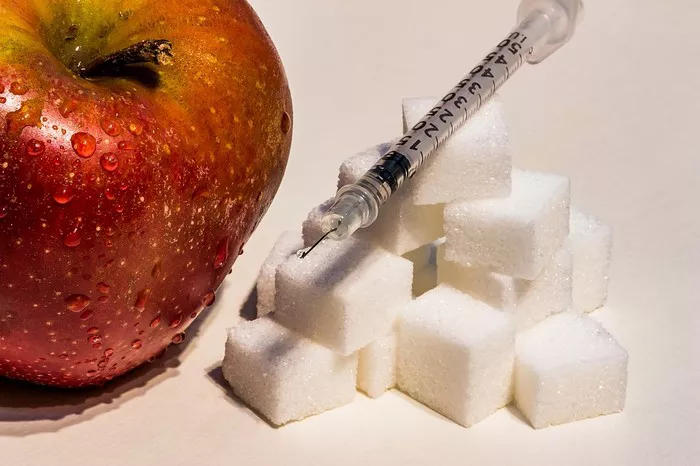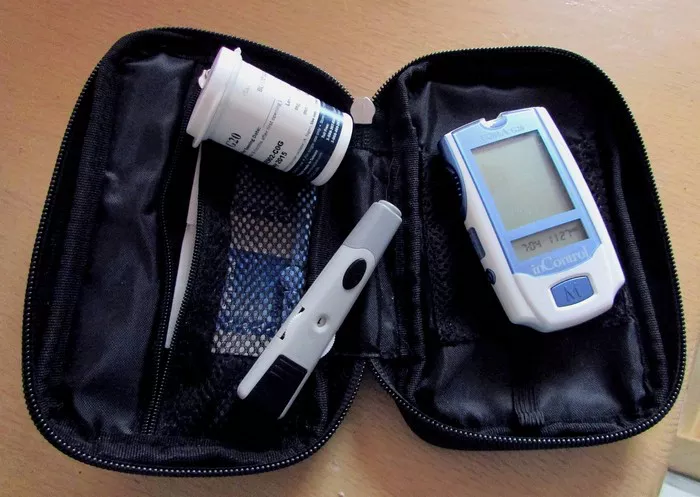Managing diabetes involves careful attention to diet, as food choices can significantly impact blood sugar levels. Fruits, while nutritious, can vary in their effect on blood glucose levels due to differences in carbohydrate content and glycemic index (GI). In this article, we’ll explore the role of fruits in diabetes management and provide guidance on choosing the best options for optimal blood sugar control.
Benefits of Fruits
Fruits are an essential component of a healthy diet, providing essential nutrients such as fiber, vitamins, and minerals. Fiber, in particular, plays a crucial role in diabetes management by slowing down the absorption of sugar and promoting better blood sugar control. Additionally, fruits are rich in antioxidants, which can help reduce inflammation and lower the risk of chronic diseases associated with diabetes.
Glycemic Index (GI)
The glycemic index is a measure of how quickly a carbohydrate-containing food raises blood sugar levels compared to pure glucose. Foods with a low GI are digested and absorbed more slowly, resulting in a gradual rise in blood glucose levels. This makes them preferable for individuals with diabetes, as they are less likely to cause sharp spikes and crashes in blood sugar levels. Fruits with a low GI include berries, citrus fruits, apples, and pears, making them suitable choices for diabetes management.
Best Fruits for Diabetics
When it comes to choosing fruits for diabetes management, opt for varieties that are lower in carbohydrates and have a low GI. Berries, such as strawberries, blueberries, raspberries, and blackberries, are excellent choices as they are high in fiber and antioxidants and have a relatively low GI. Citrus fruits like oranges, grapefruits, and lemons are also good options due to their high fiber content and low GI. Additionally, apples and pears are rich in soluble fiber, which can help stabilize blood sugar levels and promote digestive health.
Portion Control
While fruits offer numerous health benefits, it’s essential to practice portion control, especially for those with diabetes. Even though fruits are natural sources of sugar, consuming large quantities can still cause blood sugar levels to rise. Aim to include a moderate portion of fruit in your meals or snacks, such as a small apple or a handful of berries, and pair them with protein or healthy fats to further mitigate their impact on blood sugar levels.
Whole Fruits vs. Processed Fruits
When incorporating fruits into your diet, opt for whole fruits rather than processed fruits or juices. Whole fruits contain fiber, which slows down the absorption of sugar and helps prevent blood sugar spikes. Processed fruits and juices, on the other hand, may have added sugars and higher GI values, making them less favorable choices for diabetes management. Stick to fresh, whole fruits whenever possible to reap the maximum nutritional benefits.
Practical Tips
Here are some practical tips for incorporating diabetes-friendly fruits into your diet:
Add berries to your morning oatmeal or yogurt for a fiber-rich breakfast.
Snack on apple slices with almond butter for a satisfying and nutritious treat.
Include citrus fruits in salads or marinades for a burst of flavor and vitamin C.
Freeze grapes or banana slices for a refreshing and healthy dessert option.
Conclusion
Incorporating fruits into a diabetes-friendly diet can provide essential nutrients and contribute to better blood sugar control. By choosing fruits with a low GI and practicing portion control, individuals with diabetes can enjoy the nutritional benefits of fruits while managing their condition effectively. Remember to consult with your healthcare provider for personalized dietary recommendations and guidance on optimizing your diabetes management plan.
Related Topics:
























